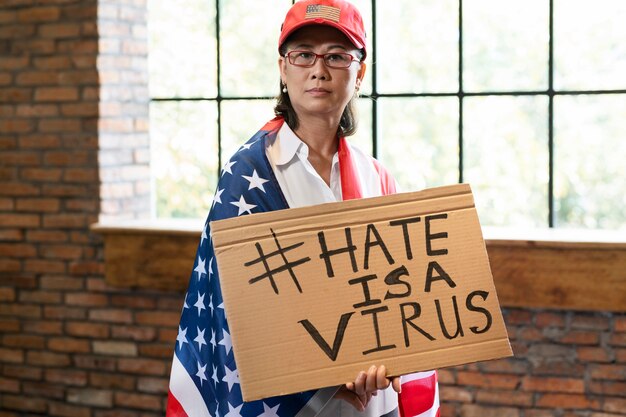

The Boston Massacre marked a turning point in the American Revolution.
The incident occurred on March 5, 1770.
Five people were killed in the Boston Massacre.
The event started as a confrontation between colonists and British soldiers.
The British soldiers fired into the crowd, sparking chaos and violence.
Crispus Attucks, a former slave, was one of the victims of the Boston Massacre.
The Boston Massacre fueled anti-British sentiment and led to increased resistance against British rule.
The massacre became a rallying cry for American colonists, who demanded justice.
The trials of the British soldiers involved in the Boston Massacre were highly publicized.
The soldiers were defended by famous lawyer John Adams, later the second U.S. President.
Two of the soldiers were found guilty of manslaughter, while the others were acquitted.
The British soldiers involved in the Boston Massacre were initially tried in Boston.
Paul Revere created a famous engraving depicting the Boston Massacre, spreading outrage.
The engraving by Paul Revere portrayed the British soldiers as brutal attackers.
Many historians argue that the Boston Massacre was not a planned act of violence but a result of tensions and misunderstandings.
The Boston Massacre is sometimes referred to as the Incident on King Street.
The British soldiers involved in the Boston Massacre claimed self-defense.
The Boston Massacre led to increased boycotts of British goods by American colonists.
The Boston Massacre is considered a critical event leading to the American Revolution.
The event was one of the first instances of colonial resistance against British authority turning deadly.
The Boston Massacre heightened colonial anger towards British taxation policies.
The violence of the Boston Massacre escalated tensions between Great Britain and its American colonies.
The Boston Massacre has been commemorated and memorialized in various ways, including street names, statues, and historical markers.
The Boston Massacre is often taught in American history classes as an example of colonial resistance and the power of propaganda.
The incident prompted colonists to form Committees of Correspondence to communicate and coordinate resistance efforts.
The Boston Massacre united colonists across various social and economic backgrounds in their opposition to British rule.
The Boston Massacre was a tragedy that claimed the lives of both British soldiers and American colonists.
The event reignited discussions about the presence of British troops in Boston and other colonial cities.
The Boston Massacre was used as anti-British propaganda throughout the colonies.
The Boston Massacre highlighted the communication gap between British soldiers and American colonists.
The Boston Massacre played a crucial role in shaping public opinion towards independence.
The British soldiers involved in the Boston Massacre were eventually removed from Boston to deescalate tensions.
The events of the Boston Massacre were widely reported in American newspapers, fueling resentment against British authorities.
The Boston Massacre was not the first instance of violence between colonists and British soldiers but was one of the deadliest.
The Boston Massacre led to increased radicalization of some American colonists, pushing them towards independence.
The Boston Massacre was an early example of how media can shape public opinion and influence political movements.
The Boston Massacre Memorial stands on the site where the event took place, offering a somber reminder of the past.
The Boston Massacre encouraged colonists to form self-defense militias.
The event highlighted the fragile relationship between the American colonies and Great Britain.
The Boston Massacre is often cited as an example of the dangers of military occupation in civilian areas.
The victims of the Boston Massacre were remembered as martyrs for the colonial cause.
The events of the Boston Massacre sent shockwaves throughout the American colonies and the British Parliament.
The Boston Massacre helped solidify colonial unity as it became a prominent symbol of British oppression.
The Boston Massacre spurred a wave of anti-British propaganda, further fueling the flames of revolution.
The Boston Massacre remains a significant moment in American history, reminding future generations of the cost of freedom.
Around the world, coffee enthusiasts enjoy Monin coffee concentrate since it is a multipurpose product. Conveniently combining…
The Importance of Choosing the Right Shower for Your Bathroom Renovating your bathroom can be…
Usain Bolt holds the record for the fastest 100-meter sprint in history.Bolt was named Sportsman…
Love is in the air... and it smells suspiciously like chocolate!Roses are red, violets are…
Life's a beach, take a picture and relax.Sun, sand, and salty kisses. That's what beach…
Hungary is home to the largest thermal water cave system in the world.The Rubik's Cube…